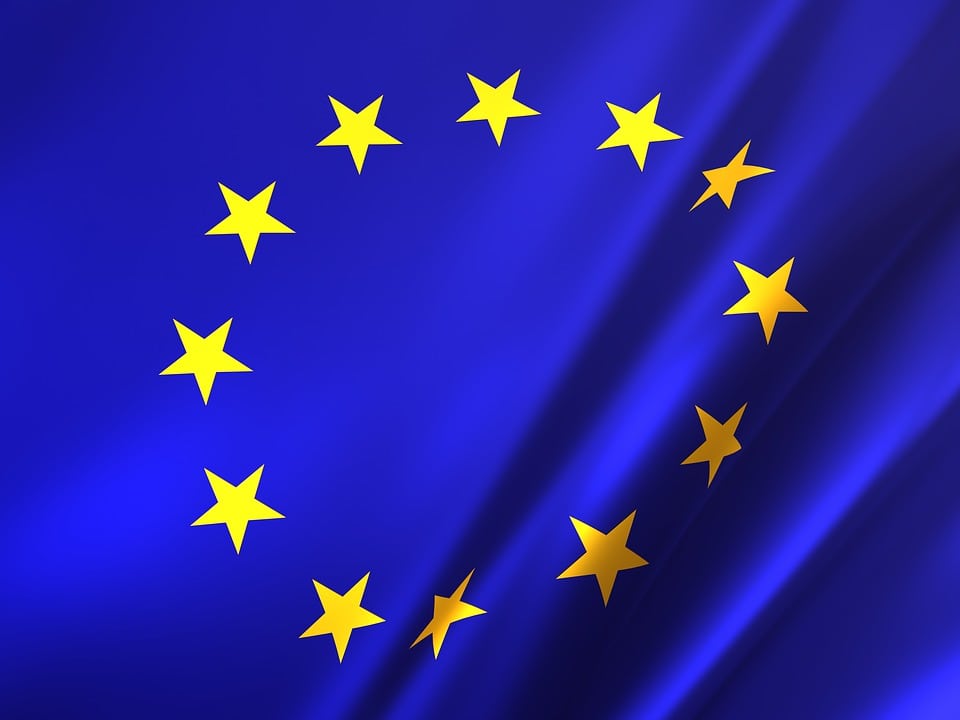Today, a committee of the European Parliament will be voting on whether to proceed with the implementation of a new EU copyright law that threatens the Internet.
Over 70 top technology figures and influencers have penned a joint letter to condemn a proposed EU copyright law they said could ruin the Internet as we know it. The bill in question, Article 13, is reported to be an attempt by the European Parliament to reshape the current copyright policy for the Internet.
“As creators ourselves, we share the concern that there should be a fair distribution of revenues from the online use of copyright works, that benefits creators, publishers, and platforms alike,” the letter read.
“But Article 13 is not the right way to achieve this. By requiring Internet platforms to perform automatic filtering all of the content that their users upload, Article 13 takes an unprecedented step towards the transformation of the Internet from an open platform for sharing and innovation, into a tool for the automated surveillance and control of its users.”
Among the letter’s signatories are Tim Berners-Lee, inventor of the World Wide Web, Jimmy Wales, co-founder of Wikipedia, and Internet Pioneer, Vint Cerf.
So, what is Article 13?
Article 13 is a provision of the Proposal for a Directive of the European Parliament and of the Council on copyright in the Digital Single Market. It is primarily based on the relationship that exists between copyright holders and online platforms, prompting the latter to impose tighter regulation over protected content.
The article states that platform providers should “take measures to ensure the functioning of agreements concluded with rightholders for the use of their works or other subject-matter or to prevent the availability on their services of works or other subject-matter identified by rights holders through the cooperation with the service providers.”
The directive has been opposed by critics because they claim that it violates the fundamental rights of internet users, misunderstands the way people interact with internet materials, and directly contradicts the rules established by EU’s E-Commerce Directive.
Should the new copyright law take effect; it will be the end of memes in Europe. Just imagine a world without memes! Not only that, rights holders who love running around policing where their work is will have greater opportunities to sue and have sites taken down.
If you are familiar with Youtube’s content ID system, imagine imposing that kind of system on the whole Internet. Not only will it create a kind of censorship that limits how content could potentially be adopted, parodied, and quoted, it could significantly affect digital startups in Europe.
“Even if they are not required to implement an online censorship system immediately, new companies will have the threat of mandatory upload filters hanging over them as they grow,” Copybuzz wrote.
“Why would startups choose to operate under these terms in the EU when they can avoid the problem by setting up a company in jurisdictions with laws better-suited to the digital age? Similarly, why would venture capitalists risk investing in new EU companies, which will be hamstrung by a requirement to filter everything once they grow beyond a certain size?”











Comments (0)
Most Recent